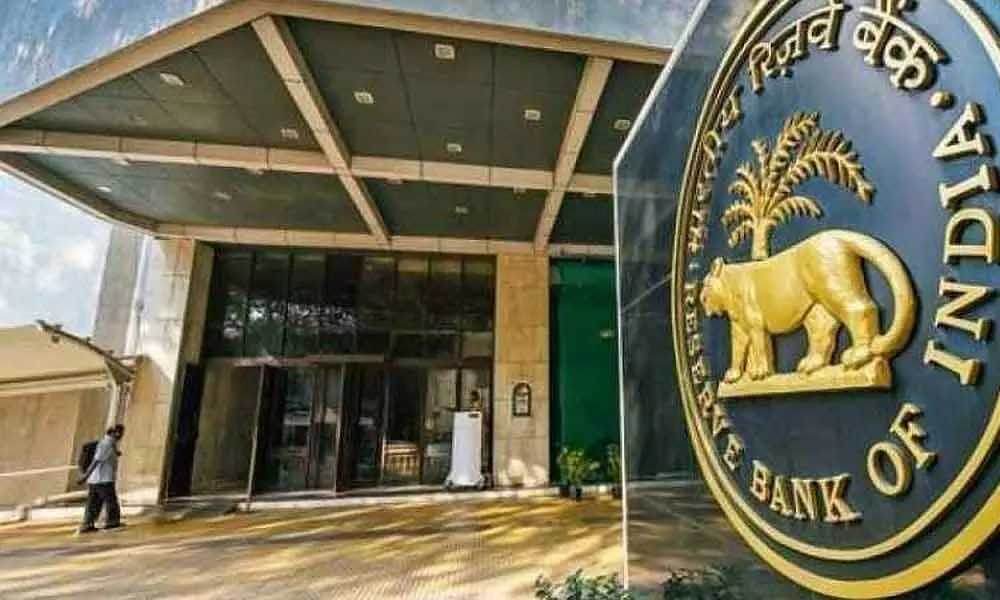Retail direct scheme: A step towards deepening Indian bond market
The retail direct scheme to be offered by RBI, which was unveiled by Prime Minister, Narendra Modi recently will help retail investors invest in both, primary and secondary markets of government securities and even sovereign bonds.
image for illustrative purpose

The retail direct scheme to be offered by RBI, which was unveiled by Prime Minister, Narendra Modi recently will help retail investors invest in both, primary and secondary markets of government securities and even sovereign bonds. It is a right step towards democratising retail investment in government securities.
No matter, if the scheme doesn't get much traction initially, as it clocked only 12000 registrations so far. Remarkably, it is for the first time in India when retail investors will have an option of a simple and direct channel for investment in government securities. Unlike equity, the government securities offer a low risk and low return on the investment, will provide an opportunity to retail investors to diversify their investment and go for this advantage to have a better and safe return.
Suppose yield goes up after six months, then an investor will have to bear the risk of lower return from government securities. Secondly, there is no hedging instrument provided for the retail investors so as to protect his investment on such occasions. In fact, National Pension System is already having significant exposure in government bonds. But, common man is unaware of its benefits. Again, it was not yet clear if RBI will restrict such investments for the government bonds of highly rated papers only.
Anyway, it is welcome move by the government as the investment can be made in primary issuance of government securities and the secondary market as well. Moreover, retail investors, who were able to participate in G-Secs through debt mutual funds only, will now be able to open a 'retail direct gilt account' with the RBI. Interestingly, no fee will be charged for such investments, the payment for which can be made through UPI. Now the time will only tell how far retail investors are able to lap up the scheme at a time when the G-Sec market was dominated by institutional investors like banks, insurers and fund houses.
Coming on the Integrated Ombudsman Scheme, another scheme which was also unveiled by the PM on the occasion, 'One Nation-One Ombudsman' system is a fantastic way to strengthen the grievance redress mechanism for customer complaints against entities regulated by the RBI, such as banks, NBFCs, and payment service operators.
One of the biggest touchstones of a democracy, as PM rightly observed, is the strength of its grievance redressal system. The Scheme will go a long way in that direction.
Not to mention, the robust mechanism will drive simplicity and transparency for complaints, redressal and dispute resolution. The Ombudsman scheme will go a long way in enhancing customer confidence as it will effectively address grievances on fraud and failure of payment related to prepaid instruments (PPIs), including cards and digital wallets.
With the growing prominence of digital payments, we are witnessing rapid growth of high-volume, low-value transactions, especially on platforms such as UPI and AePS. While the pandemic has boosted digitisation, technical declines and transactional failures are also rampant.

